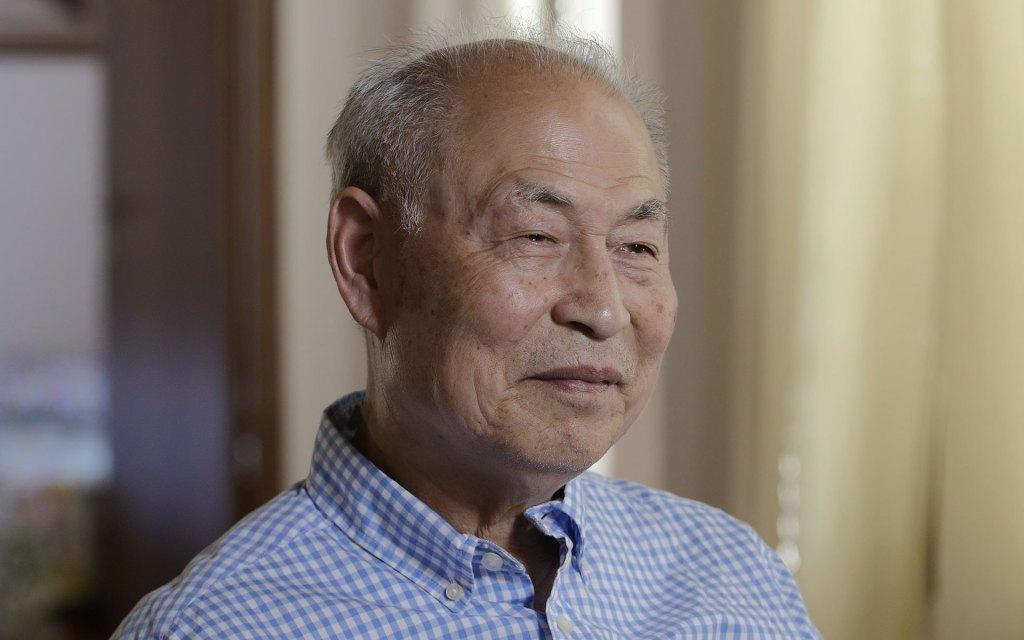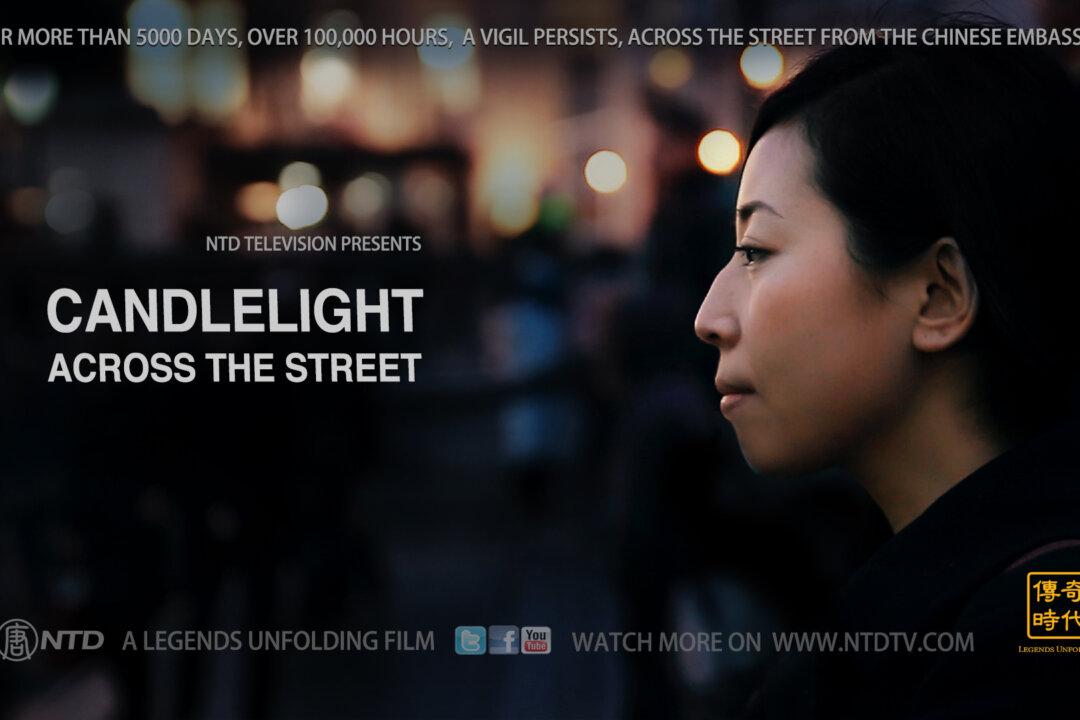Marilyn Monroe once said, “Hollywood is a place where they’ll pay a thousand dollars for a kiss, and fifty cents for your soul.” Many have echoed this sentiment.
Award-winning director and writer Diane Bell offers an alternative template for making movies. Her book “Shoot From the Heart” and her online academy of the same name put heart and soul back into the process. That process is fundamentally opposite of the usual, albeit precarious, Hollywood track that can often feel heartless—more like “shooting yourself in the foot.”





